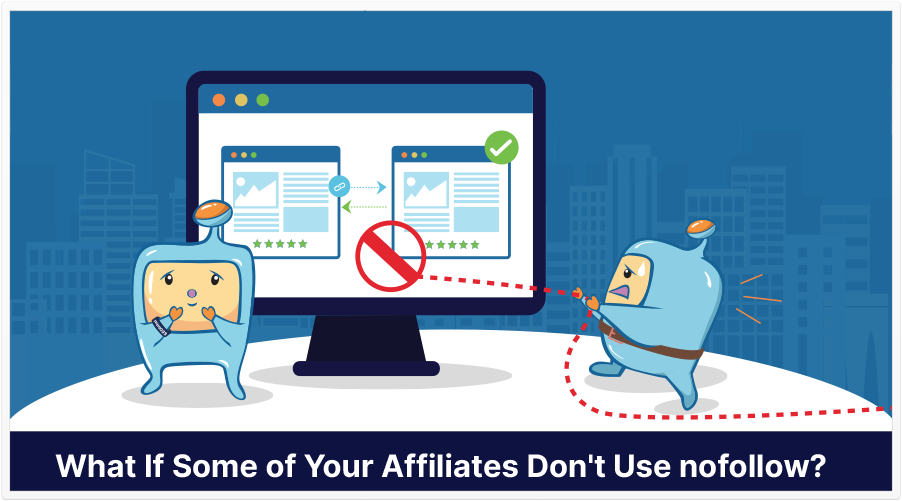
At about 26 minutes, 38 seconds into Google’s latest Q&A webmaster session, Google’s John Mueller (Search Advocate), addressed a question. Apparently, the person who asked this question has interactions with affiliates. They may be an affiliate manager, business owner and/or vendor.
Their question was, “What’s the best practice when dealing with affiliate backlinks?”
They went on to explain their situation: “We’ve sent the guidelines that the link should be no followed [rel nofollow] and [rel] sponsored, but not all sites respect them or even have knowledge.”
(The wording above said nofollow and sponsored, but really, I think only one of these attributes is read in a line of code, so you probably only need to use one of the two. I wrote about rel nofollow and rel sponsored in this article: ATTN: Affiliate Marketers and Linkbuilders: Google Announces New Link Update.)
Anyway, the person asked further, “Would disallowing googlebot from crawling those affiliate parameters help or hurt in any way? Do we need to disavow those links?”
John Mueller said, “So, yeah, it sounds like your website [is one] where other people link to as affiliates, and from our point of view, we kind of understand that you can’t get everyone to do the right thing with regards to affiliate links, but we really want to make sure that at least the things that you’re publishing or you’re saying on your side matches what our guidelines are saying.”
So, that’s a bit of a relief. Focus on what you can control, which is your site.
John continued: “So it sounds like you’ve sent the guidelines that people should be using nofollow and maybe…[some] of your users or people linking to you are following those guidelines, and from my point of view, I think that’s fine.”
Confirmation of what he said earlier. Good.
What About Disallowing Crawling of Affiliate Parameters?
John said, “With regards to disallowing crawling of the affiliate parameters, I think that’s a bad idea because that will result in those pages being indexed without any content….I think the best approach is almost really just to focus on normal canonicalization for something like that.”
Canonicalization, if I understood what John said, “wouldn’t affect how…the value of those links is being passed on.”
John gave an example of what he’s seen some sites do: “What I’ve seen some sites do is set up almost like an affiliate domain that is separate that is blocked from crawling and indexing or just blocked from crawling, and then redirects to your actual website.
“I think for really large-scale affiliate sites, that can make sense but for the average website, that’s probably overkill and not something to worry about.”
What I think John is talking about is setting up a redirect domain, so that traffic that goes to that domain will be taken to your actual domain (and site). This way, any signals from links going to the uncrawled site won’t pass those signals on to your real site.
But I think there’s a catch-22 here: your site may be protected from bad links, but what about the good links? Good links can help boost your site in the search results, so you might be missing out on this.
Should You Disavow Links Coming to Your Site?
John said, “Regarding disavowing these links, usually that’s really kind of hard to do.
“If it’s just like…10, 20, 30 of…the people linking to you are not following your…recommendations, kind of keeping track of that. I think [it] is almost too much work.”
Give the Right Recommendations, and Hopefully, Most Will Follow Them
Right after that, John said, “So in short, I think if you’re giving the right recommendations, if a significant part of your users is following those recommendations, then i think you should be fine. I don’t think you need to do anything special past that.”